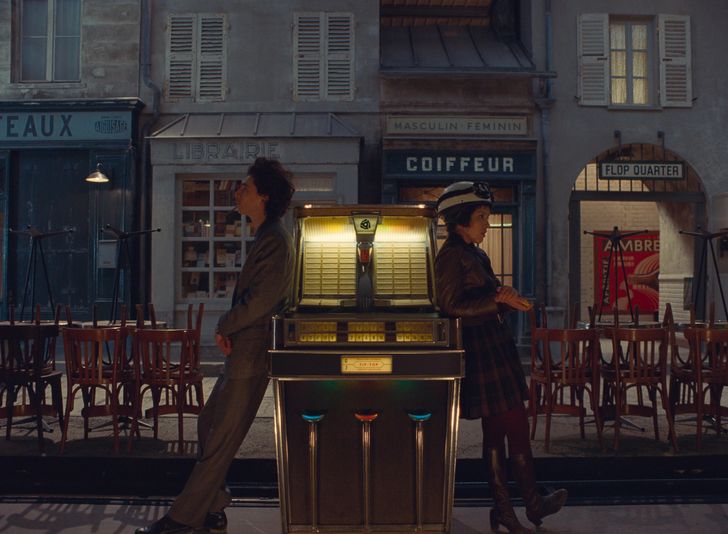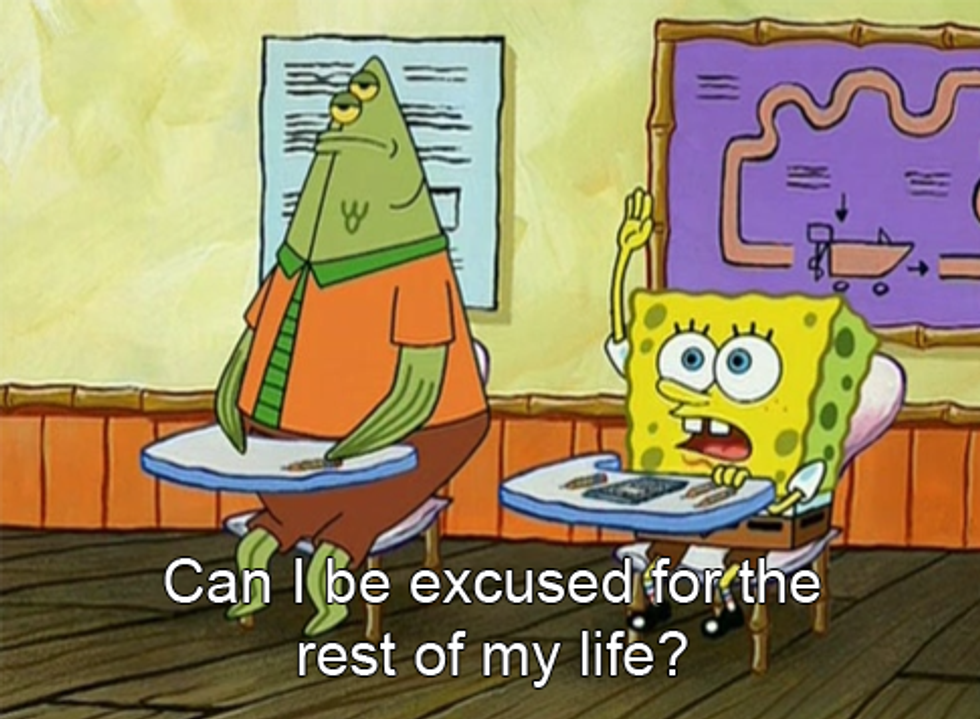"The French Dispatch" is an intriguing cinematic anthology and a love letter to journalists. The plot unfolds as if reading a magazine. There are sections with their own author and topic like poetry or taste. And each story is as different as the next, but they work in one cohesive piece.
Writer and director Wes Anderson brings a series of stories from an American newspaper outpost located in a fictional twentieth century French city. Despite a slow introduction and minor clunky portions, this film is charming and witty.
THE FRENCH DISPATCH | Official Trailer | Searchlight Pictureswww.youtube.com
This may be Anderson's best work yet, and there's no doubt he left his fingerprints all over this film. His signature symmetrical shots and eccentric direction is on full display, especially when viewers see Anderson film regulars like Bill Murray, Adrien Brody and Tilda Swinton.
It takes the "Dispatch" a moment to set the stage for viewers to "read" the magazine. But once the audience sees the first animated "chapter art," it's like being hooked into an article one didn't intend on reading in its entirety.
What are the stories about?
Bill Murray plays Arthur Howitzer Jr., the editor of the French Dispatch. The prologue to the magazine, written by Sazerac (Owen Wilson), perfectly sets the world in which "Dispatch" explores from the homeless to the forgotten boroughs. The first main story written by Berensen (Swinton) follows a tortured murderer and artist (Benicio Del Toro) who falls in love with his prison guard and muse (Léa Seydoux). The second story, written by Krementz (Frances McDormand), follows student protestors (Timothée Chalamet and Lyna Khoudri) in a tale of love, tragedy and unrest. The third piece is written by food journalist Wright (Jeffrey Wright) and it follows the tale of a chef (Stephen Park) and a police commissioner's son whose son is kidnapped by a chauffeur (Edward Norton). The epilogue is a wonderful nod to the staff audiences come to love by the end of the film.
Everything comes together
Journalists are going to find plenty of things to love about "Dispatch," from jokes about journalistic neutrality, to editors slicing a reporter's article and pride. But for a general audience, there's plenty to love in the plot if viewers can get over some of the slogs in the second story.
The production design is consistently gorgeous. There are numerous scenes in which actors are frozen in time during an auction or a fight scene with plenty of background details. The symmetric cinematography is eye-catching with pops of color in the black-and-white scenes. And there are a few surprising moments in which visuals in the magazine come to life in the form of an animated comic or an airplane exposed to look like an infographic.
Music from Alexandre Desplat is mesmerizing, but shout out to Jarvis Cocker as Tip-Top for his rendition of "Aline."
Overall ...
During a time when journalism gets a bad reputation, it's refreshing to see a quirky take on one of the craziest careers out there. So give journalists, Wes Anderson and the jam-packed cast and crew some love. Surely "The French Dispatch" will be decorated with plenty of Oscar nominations in the near future.
Score: 8/10




















